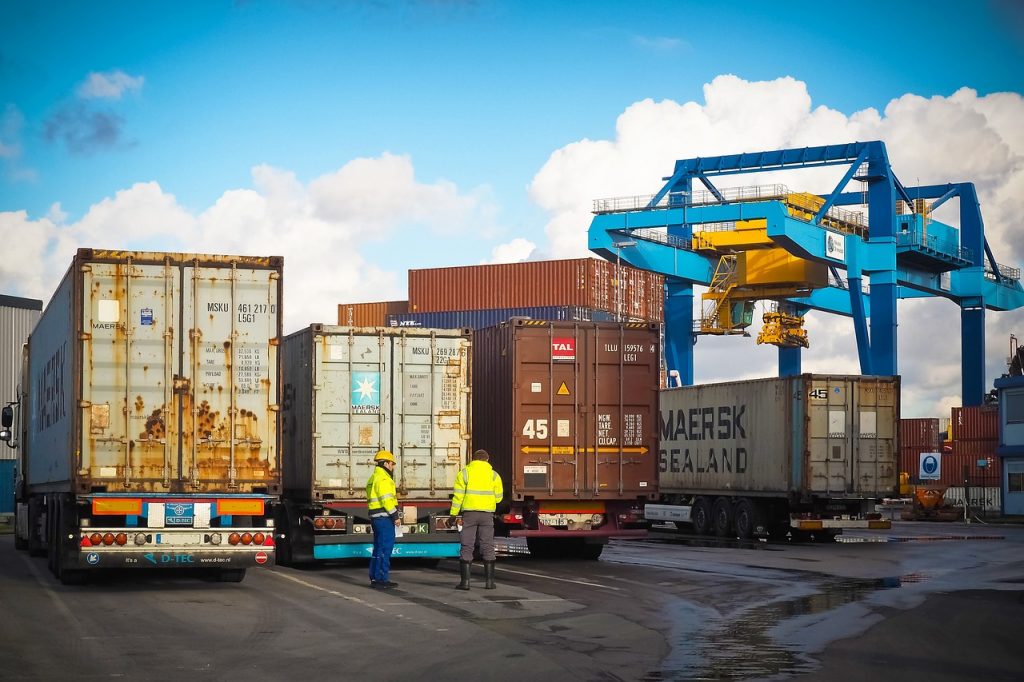Policies
Overview of the AfCFTA Nigeria Trade Policy
The Trade Policy of Nigeria 2023-2027 addresses these prevailing challenges and promoting a competitive trade-enabling environment that brings Nigeria back to a sustainable path of economic growth and development. It is also committed to fostering continental economic integration through its full and effective implementation, including all initiatives aimed boosting intra-Africa trade.
Accordingly, TPN 2023-2027 is geared towards, inter alia
-
- Strengthening Nigeria’s leadership role in. Africa and supporting all Pan-African projects and programmes aimed at facilitating the integration of the continent into the global trading system
-
- The domestication and speedy implementation of AfCFTA/BIAT Protocols;
-
- The creation of favorable market access conditions at the regional and continental levels; and
- Supporting the private sector through targeted export development and promotion initiatives, including the establishment of Export Warehouses across African countries where goods originating from Nigeria are in high demand.
While these efforts ultimately serve to guarantee a successful implementation of the AfCFTA, they provide a foundation for adequate legislative imperatives which MUST be undertaken to provide a legislative backing to the trade policy, legislative authority to the AfCFTA interventions and initiatives in the implementation strategy, as well as emerging activities, with the following outcomes:
- Reform of trade related laws;
- Enactment of trade related laws
- Amendment of existing trade related laws
- Review of all trade related subsidiary legislative instruments
- Monitoring and evaluating and review on a going basis of trade related legislative instruments
- Dispute management mechanism
- Capacity building in trade related issues and laws; and
- Repositioning the Federal and State Ministries of Justice and the Judiciary to meet the demands of the AfCFTA


